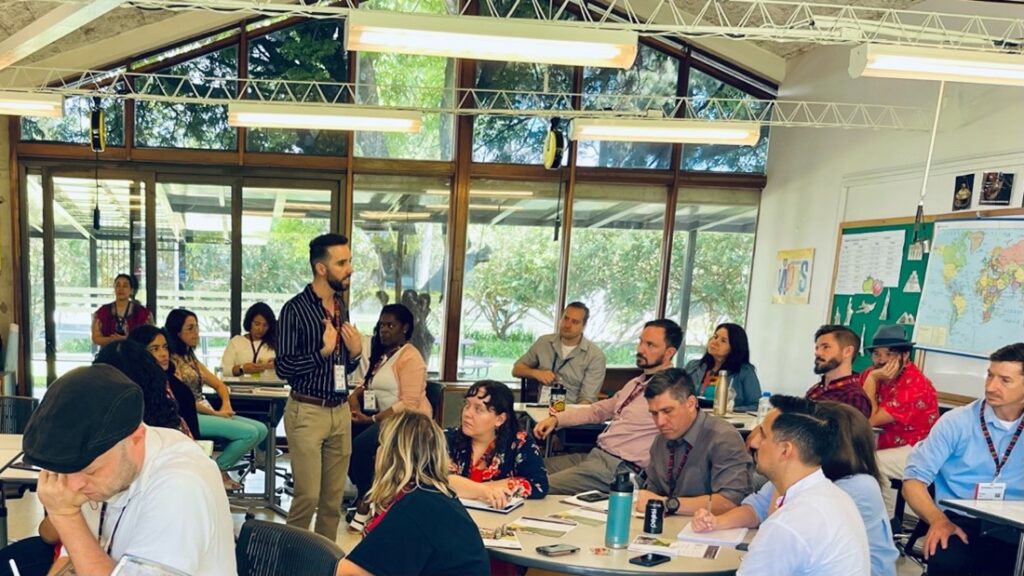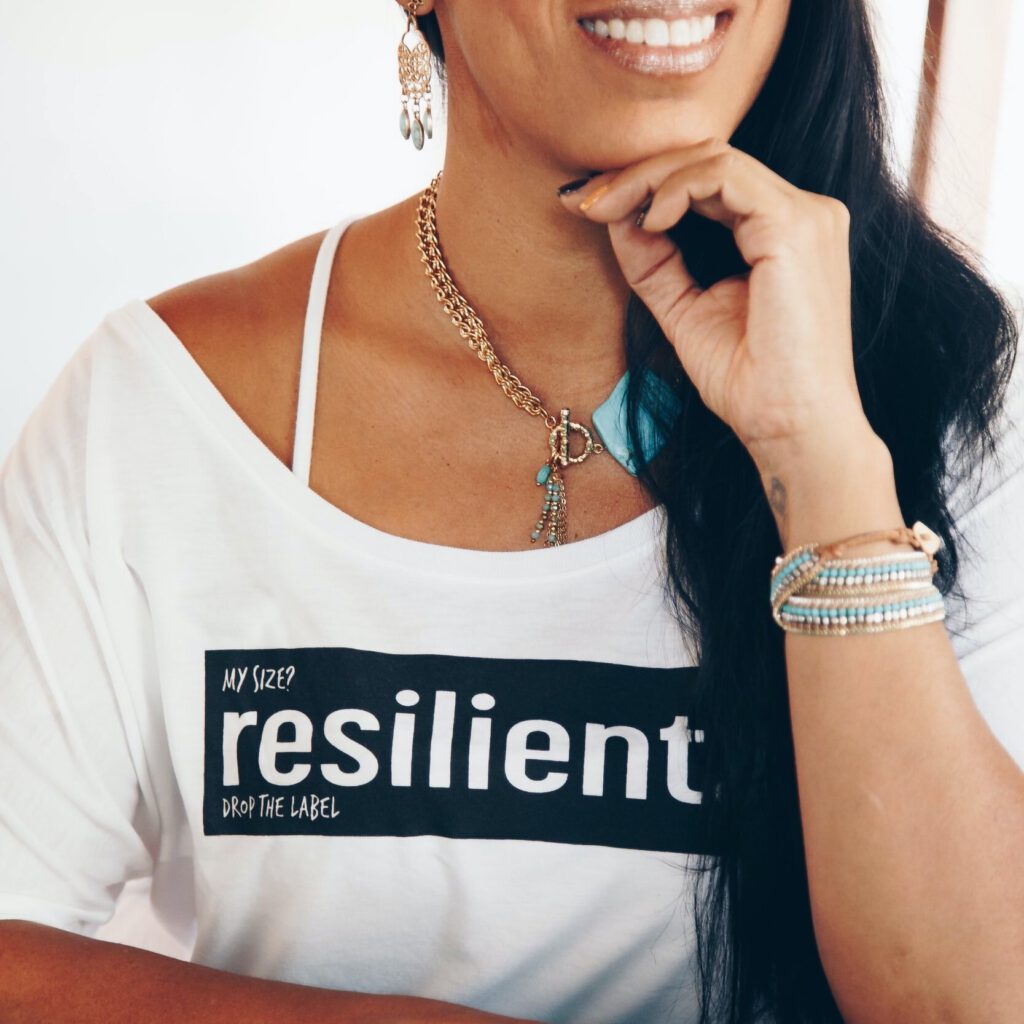Empowering Students for Success: 12 Practical Strategies to Promote Student Agency
By Joseph A. Pearson, M.S.Ed.
As educators, we know that maintaining student engagement and tapping into students’ interests in the classroom are crucial for academic success. However, it’s not always easy to keep students interested and invested in their learning, especially when we rely on traditional teacher-centered instruction. It is challenging to determine students’ interests and design personalized learning experiences for deep engagement in the diversity of students in our classrooms.
This March, I traveled on behalf of Moreland University to Guatemala to present at the 2023 AMISA Conference, Architects of Learning. On the innovative and lush campus of Colegio Americano de Guatemala, I engaged with more than 600 educators from across the Americas during three days of professional development. Current candidates and alumni from Moreland University where I serve as the professional development officer came together to meet and build community! The Moreland family reaches around the globe, so we cherish moments to come together in person.
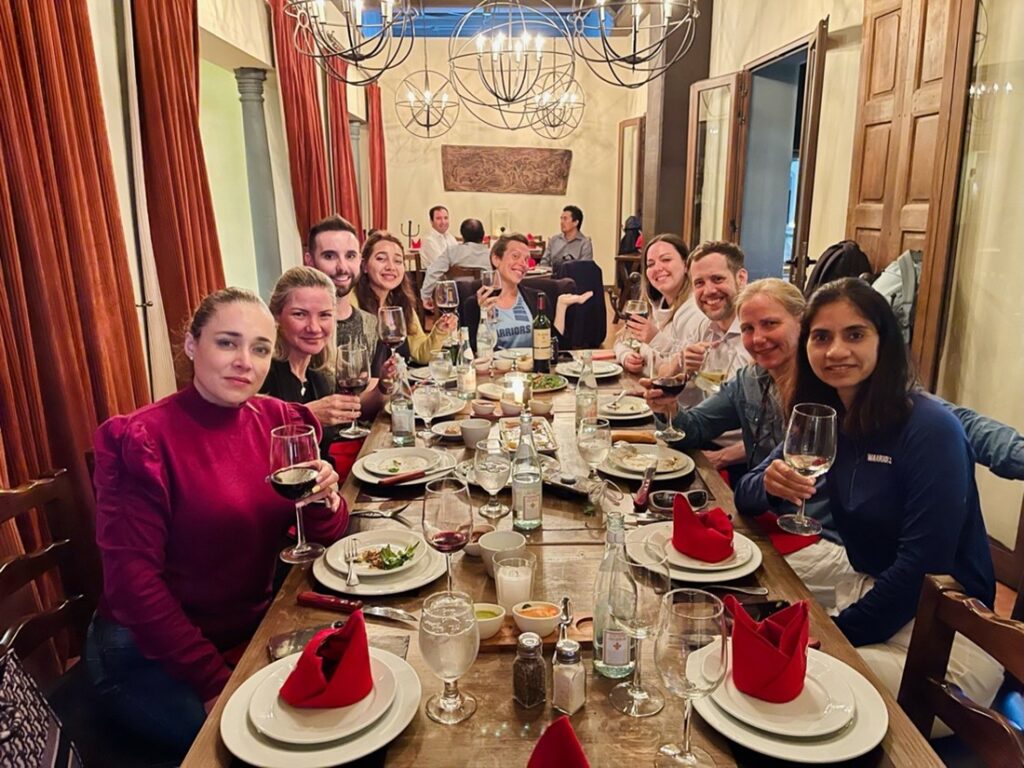
In my session, “Empowering Students for Success: 12 Practical Strategies to Promote Student Agency,” I posed the following question: What if we shift our approach to foster a classroom culture characterized by student ownership of learning and investment in their own success? This is where student agency comes in.

Defining student agency
Student agency is the learner’s ability to make actionable choices throughout the learning process. It includes students’ actions and interactions based on students’ own volition, with an internalized perception that they have the power to achieve their desired outcomes. In other words, students have power and choice in learning. When students have agency in the classroom, they become leaders and co-creators of knowledge. They collaborate with their peers and educators to create a culture of learning that is generative and co-constructed.
Student agency means students take ownership of their learning journey.
Facilitating professional development for a group of international educators in attendance at AMISA, I shared research indicating that student agency in the classroom has a positive correlation with student learning outcomes. Student agency is not a one-size-fits-all approach, but rather dynamic and continually constructed. What are the core activity-design and instructional elements teachers can use to promote student agency?
The focus of my session was to provide teachers with an actional set of strategies promoting student agency that they could modify and use in their unique schools and classrooms around the world.
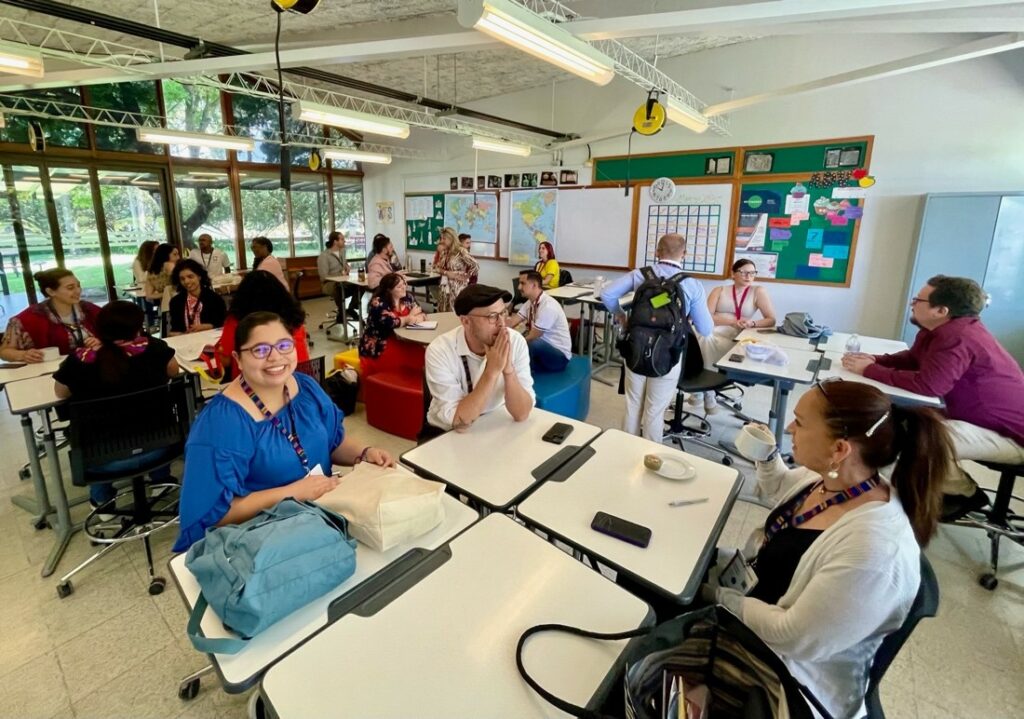
Promoting student agency
To promote student agency, we can incorporate agentic pedagogical strategies that empower students with choice throughout the learning process. Empowering students with choice and agency disrupts traditional systems of teacher-centered instruction. Choice, and the power to implement that choice in the classroom, gives students freedom to create their own understanding, develop critical-thinking and creative problem-solving skills, and co-create the culture of learning alongside peers and educators.
How can we bring student agency into the classroom? Here are 12 practical examples from my session at the 2023 AMISA conference that come directly from relevant research on student agency:
- Provide students with choice in what they learn and read.
- Allow students to select a comfortable location to learn and read in the classroom.
- Encourage students to set a personally appropriate pace for their work and reading.
- Foster non-threatening learning environments for students.
- Guide students in designing processes and structures for scientific understanding and experimentation.
- Encourage students to share and justify their thinking publicly.
- Encourage students to form their own opinions, pursue their thoughts and ideas, and show support for their peers’ thinking.
- Formulate discussion questions that invite student opinion, perspective, and voice.
- Identify opportunities within teaching and learning wherein students share in decision-making responsibility.
- Encourage reflective and critical thinking in digital activities.
- Foster self-reliance through trial-and-error problem solving with digital technologies.
- Encourage students to express themselves creatively with digital tools.
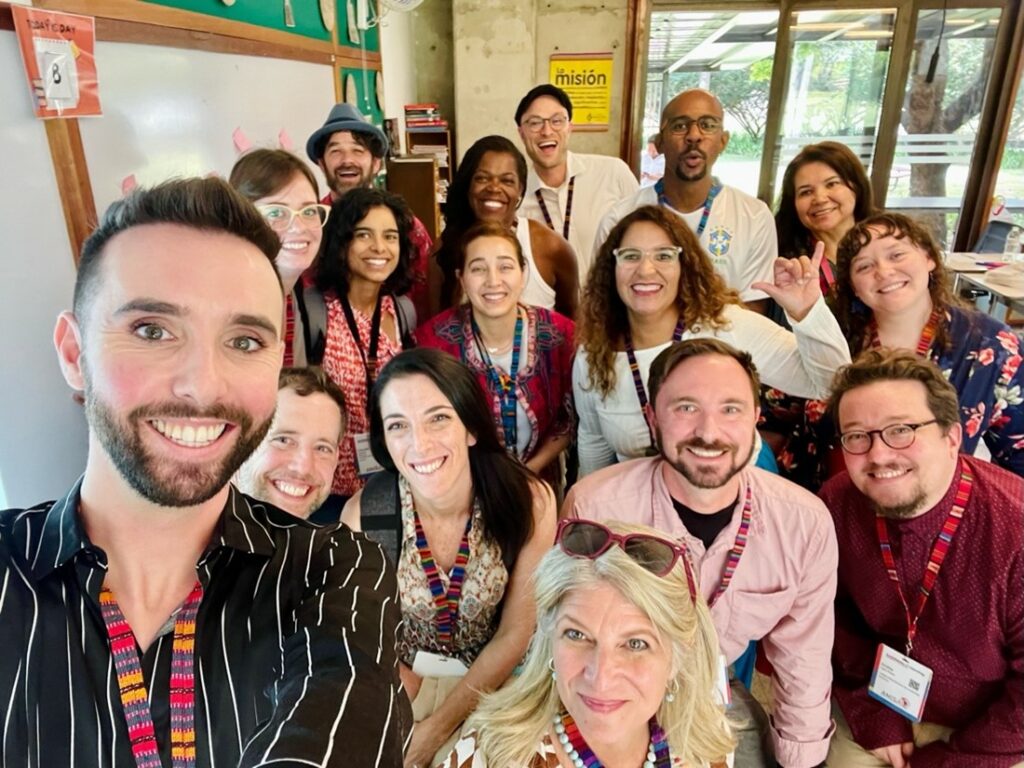
With these strategies, we can create classroom environments that enable student agency and academic success. Promoting student agency is a crucial aspect of equipping students with the 21st Century Skills they need for success in college and career. How will you empower your students to become leaders in the classroom and beyond?
Joseph A. Pearson, M.S.Ed.
Professional Development Officer
Moreland University
Moreland University offers programs to help educators advance their careers with collaborative, asynchronous online programs that provide flexible, affordable, and accelerated pathways to certification and master’s degrees. Moreland University has served over 6,300 graduates from 160+ countries since it was founded in 2012 and is accredited by DEAC, CAEP, NC SARA, and HELC.
We know you want to change the world. We’ll help change yours. Learn more about our TEACH-NOW teacher preparation and master’s degree programs.
